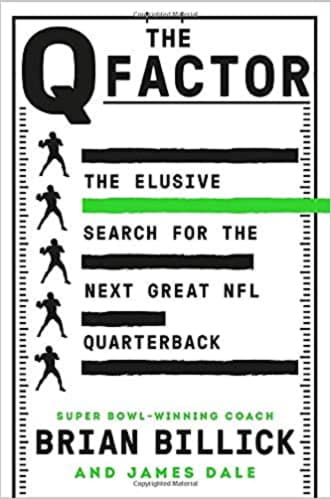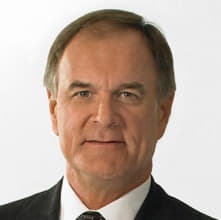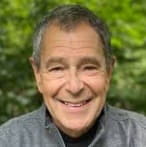
In their new book, The Q Factor: the elusive search for the next great NFL quarterback - Brian Billick, Super Bowl-winning coach of the Baltimore Ravens/NFL analyst, and co-author/collaborator James Dale, set out to crack the code of spotting the most critical player in sports, an NFL quarterback.
But the Q Factor is more than a study of elite athletes. It’s a study in leadership qualities, what they are, how to find them, and how not to miss them when they’re in front of us.
Billick and Dale put the 2018 draft class under the microscope – Baker Mayfield, Sam Darnold, Josh Allen, Josh Rosen, Lamar Jackson—the most highly-touted in a decade. They examined their skills, stats, performance, character, tangibles and intangibles to find a way to prognosticate future performance slightly better, because slightly better can be the difference between good and great - one more TD or win or playoff spot or Super Bowl - that is, The Q Factor.
Along the way, they may have come upon indicators of how to predict success slightly better in other fields, notably business. And in business, a better signal-caller can be the difference between profit and loss, innovation or struggle, market dominance or Chapter 11.
Citybizlist presents a 3-part series offering some of what they learned.
Part I - The Hunt
The search for CEOs, execs, and entrepreneurs to hire, promote and invest in is as challenging as finding NFL franchise QBs.
Historically, drawing from the first round, there’s a 50-50 chance of picking successful starting QB from the draft. And an equal chance of finding a bench-warmer or worse, a bust. Think Peyton Manning and Ryan Leaf from the same draft class. Similarly, top executive failure rates as high as 75%, with average tenure of a boss down two full years than ever before. According to the Harvard Business Review, 2 out of 5 new CEOs fail in first 18 months. And from the findings in FastCompany, over 75% of venture-backed startups fail.
If businesses could improve the success rate of picking leadership by 5-10%, it could change the fate of a company.
Are we looking in the wrong places, the wrong way?
In football, using old “rules” (or misleading metrics) to find QBs – height, look, arm strength, conference level, style of play (pocket vs. mobile) – has led to the poor success rate in prediction, and a lot of wasted salary cap dollars. The league almost missed Russell Wilson because he was, according to the old rules, too short to make it in the NFL. Really?
In business, using the old “rules” to find CEOs such as Ivy League over public universities has been equally misleading. Public universities, in fact, have higher business leadership success rates. (Maybe it’s hungrier kids, trying to prove more, scrappier, more self-sufficient, like the over-looked high school QB who settles for a second-tier program). Is favoring MBAs vs. street smarts a good idea? In fact, MBAs tend to rise to high level executive positions (surrounding/supporting “the boss”), but street smarts tend to start companies, upset the norms, or revamp old companies to create new markets. Who’s the next young hotshot in DC, or Baltimore, or Philly, or Brooklyn, or Charlotte with a great start-up idea that some VC will find but most will miss?
Embrace change or become extinct.
Fans and experts ask, is the game of football is changing? Of course. So is business. Constantly. Nothing stands still. The question is, will the coaches and teams, will the boards and investors, embrace change? If they don’t they run the risk of becoming dinosaurs and dinosaurs, you may have noticed, are extinct.
What do those game-changing QBs and business visionaries have that others don’t? More to come in Part II

Brian Billick started his career working with the legendary Bill Walsh, became the offensive coordinator for the record-setting Minnesota Vikings offense, then went on to become the head coach of the Baltimore Ravens and the best single defense in the history of the NFL. Under Billick, the Ravens won their first Super Bowl, an overwhelming 34-7 win vs. the New York Giants in Super Bowl XXXV. In 2008, he joined Fox as a commentator and the NFL Network as a contributor.

James Dale has collaborated as co-author on books ranging from sports to negotiation to medicine, including We're Better Than This with Congressman Elijah Cummings, Together We Were Eleven Foot Nine with Hall of Fame pitcher Jim Palmer, The Power of Nice with agent/negotiator Ron Shapiro, Alpha Docs with cardiologist Dan Munoz, and the New York Times bestseller Just Show Up with Cal Ripken Jr.


